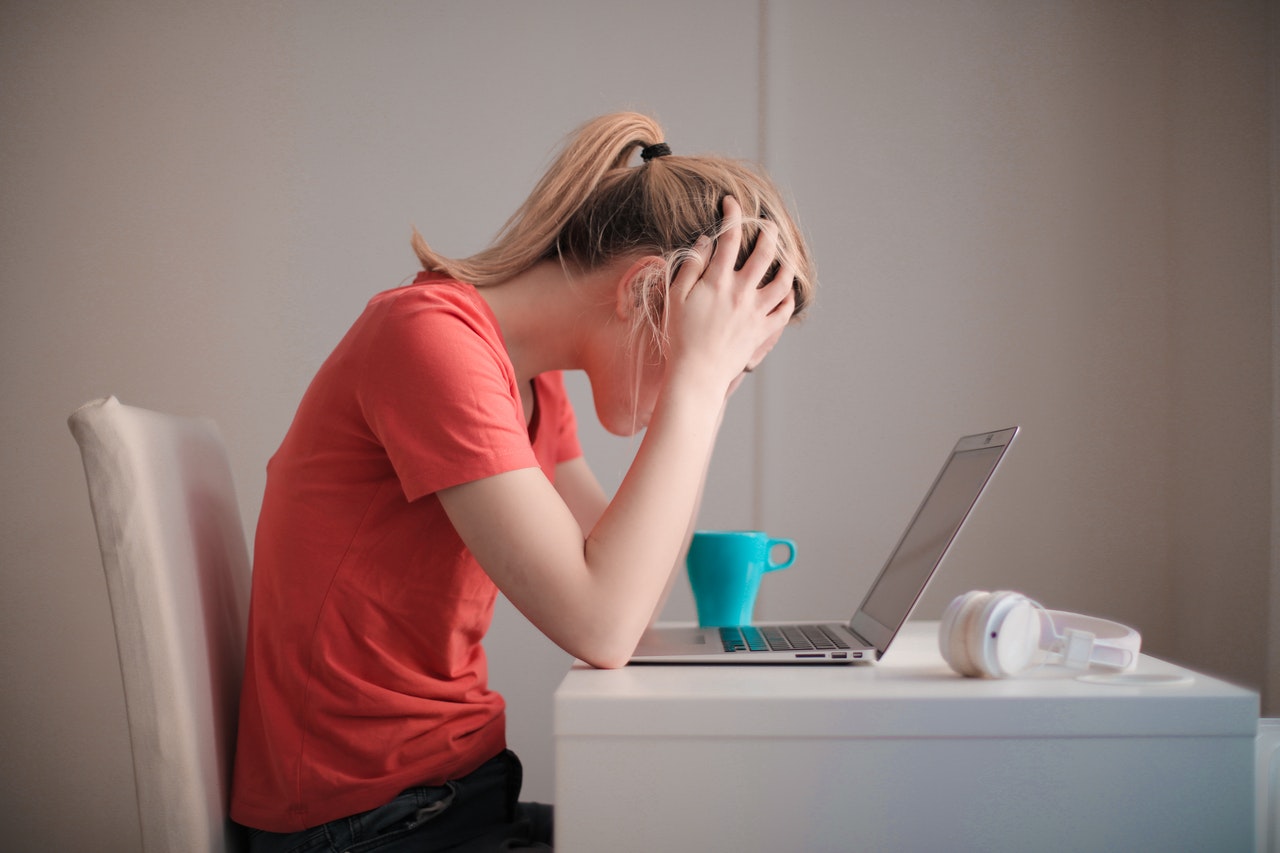A lot more people suffer from anxiety than you may realise, and if you think that you may be suffering from the effects of anxiety, then this blog post will be specifically geared towards helping you notice the signs of anxiety, and hopefully reduce the severity of anxiety’s effects upon your body and mind.
The severity of a person’s anxiety will vary massively from individual to individual, with certain triggers only affecting certain people. Due to the very personalised nature of an anxiety disorder, it is worth consulting a medical professional, such as those at Nova Recovery, about the long-term solution to your anxiety disorder.
However, there are some general tips and techniques that you can implement into your daily life to help alleviate the effects of anxiety disorders.
First though, let us have a look at the eight physical signs of anxiety that you should always be aware of.
Physical Signs Of Anxiety
It is always important to be aware of the signs of anxiety as this can not only help you to identify when you may be on the precipice of an anxiety attack, but you may also be able to start to identify what triggers are exacerbating your anxiety levels.
Eight important physical signifiers that anxiety is damaging your physical and mental health include:
- Frequent headaches.
- Insomnia, or difficulty sleeping through an entire night without waking.
- Stomach discomfort/pain, general nausea, and/or trouble digesting food.
- Noticeable shortness of breath or difficulty when breathing.
- Weakness/fatigue, be it mental or physical.
- Fluctuations in your heart rate, often resulting in periods of very high heart rate.
- Shaking and/or trembling noticeably.
- Muscular discomfort and/or tension.
While these are signifiers of a general anxiety disorder, you any also experience periods where you undergo an anxiety attack, also known as a panic attack. During this period, these symptoms will often be amplified, and you may even experience new symptoms.
Some of the signs of anxiety attacks include:
- A fear that you are going to die and/or that something terrible is about to happen.
- Difficulty catching your breath, perhaps the sensation that you are choking.
- Numbness and/or a tingling feeling in parts of your body.
- A strong pain/sense of discomfort across your chest.
- Suddenly feeling lightheaded/dizzy, as though you are going to pass out.
- Overheating, excessive sweating, or even extreme chills throughout your body.
What Is Anxiety?
Anxiety, or anxiousness, is a physiological response to stress and/or stressful scenarios. Often called the “fight-or-flight response,” anxiety exists to alert your body that there is a threat nearby and, in turn, prepared you to deal with the threat perceived.
However, our bodies are not meant to be in a state such as this for long periods of time; and, as such, being in a constant state of anxiety can have very serious repercussions on the body.
While having tensed muscles is important when we are in danger, if we experience this frequently it can lead to migraines, tension headaches, hypertension, and severe muscular pain.
Furthermore, the hormones that help us in moments of danger, such as adrenalin and cortisol, influence our digestive system and our blood sugar, hence why anxiety disorders can affect an individual’s digestion.
What Are The Causes Of Anxiety
A lot of people have certain phobias that they develop throughout their lives, and these can become triggers for anxiety. However, anxiety disorders can manifest over a longer period of time, as a result of a serious change in your life or after a sudden snap due to a long-standing pressure in your life.
What is often difficult with suffering from anxiety, however, is the fact that it can be so difficult to pin down what is causing you to experience anxiety.
This is why it is important to consult a medical professional and/or therapist, as they will be able to work with you in order to figure out what is at the root of your anxiety disorder.
However, there are some general lifestyle practices that you can engage with which may help alleviate the symptoms of anxiety disorders.
Some of these practices include the likes of:
Deep-breathing exercises: Breathing exercises can help with lowering your heart rate and opening up your lungs. There are many breathing exercises that can be found online, and even some Apps for your phone, and they are a great way to carve out a short or long period of time wherever possible to focus on bringing your anxiety levels down.
Visualisation: By picturing yourself in a relaxing environment and really detaching from the world around you, visualisation is a great way to break from whatever current triggers or stressors are contributing to your anxiety and take some time for yourself to bring your heart rate back down.
Progressive muscle relaxation: This technique, which involves tensing and then relaxing certain, targeted parts of your body, has been proven to help an individual let go of the stress that they are holding in their body.
In a similar vein, taking time to get a massage or a session of acupuncture can also help a lot of people to relax and help their muscles to ease, thus losing any physical discomfort brought about by your anxiety.
Self-Care: Practicing good self-care might seem like a somewhat obvious suggestion; however, making sure that you are eating and drinking healthily as well as maintaining a good sleeping pattern is crucial in improving your overall mental and physical health.
Also, trying to push yourself to do more daily exercise, even if it is just going for a walk, has been shown to help reduce anxiety in certain individuals.
Hopefully, these techniques will help you to ease some of the symptoms of your anxiety, although here at Nova Recovery we are aware that some individuals require more intense, professional help in overcoming their mental health illnesses. And, if you feel that this is the case for you, then call us today on 01475 303998 to get the help that you need.
Back to all posts
John Gillen
- Author
- Last updated: September 8, 2023
John has travelled extensively around the world, culminating in 19 years’ experience looking at different models. He is the European pioneer of NAD+ (Nicotinamide Adenine Dinucleotide) treatment to Europe in 2010; and recently back from the USA bringing state of the art Virtual Reality Relapse Prevention and stress reduction therapy. His passion extends to other metabolic disturbances and neurodegenerative diseases. The journey continues. In recent times, John has travelled to Russia to study and research into a new therapy photobiomudulation or systemic laser therapy working with NAD+ scientists and the very best of the medical professionals in the UK and the USA, together with Nadcell, Bionad Hospitals own select Doctors, nurses, dieticians and therapists. Johns’ passion continues to endeavour to bring to the UK and Europe new developments with NAD+ Therapy in preventive and restorative medicine and Wellness. In 2017 John Gillen was made a visiting Professor at the John Naisbitt university in Belgrade Serbia.



